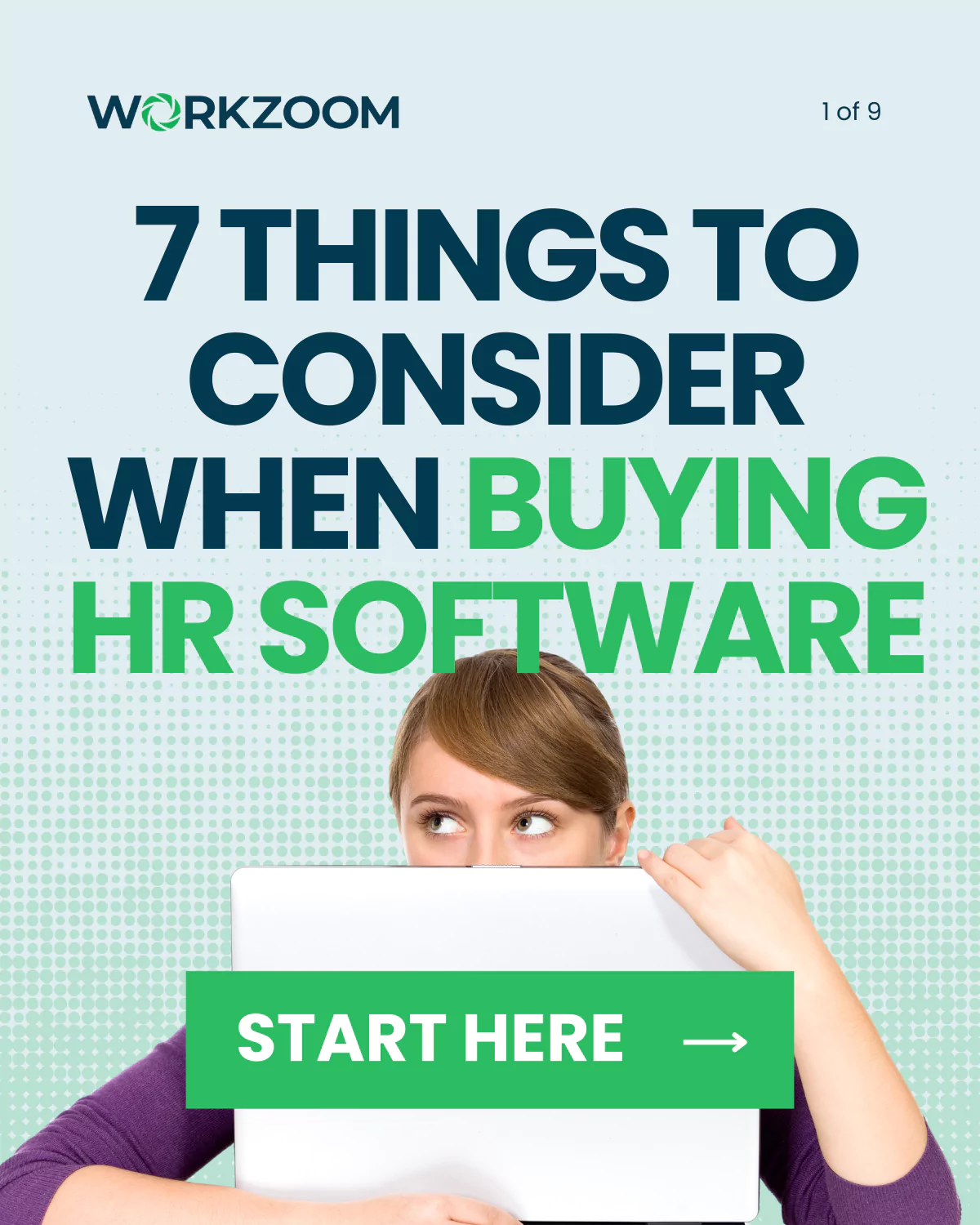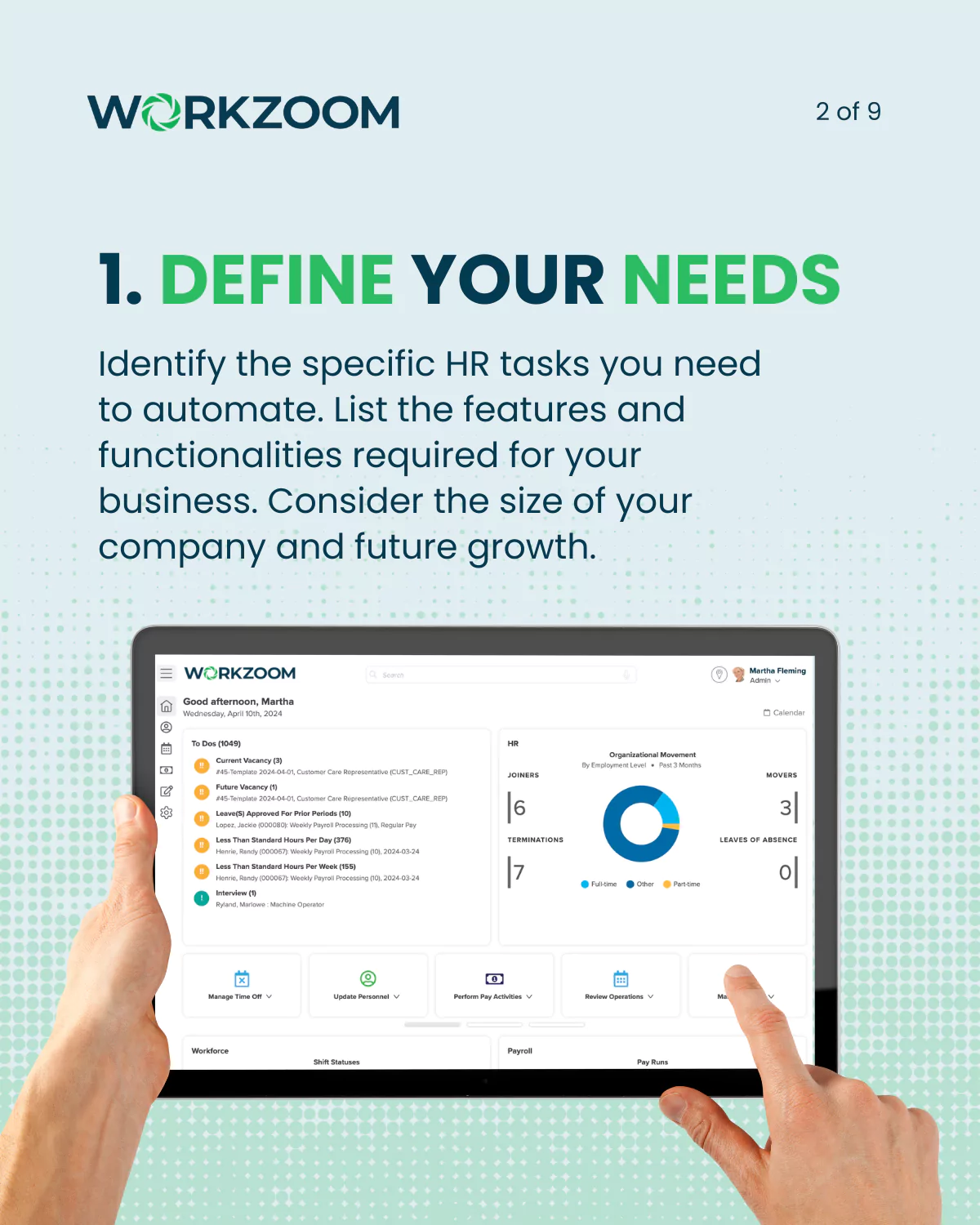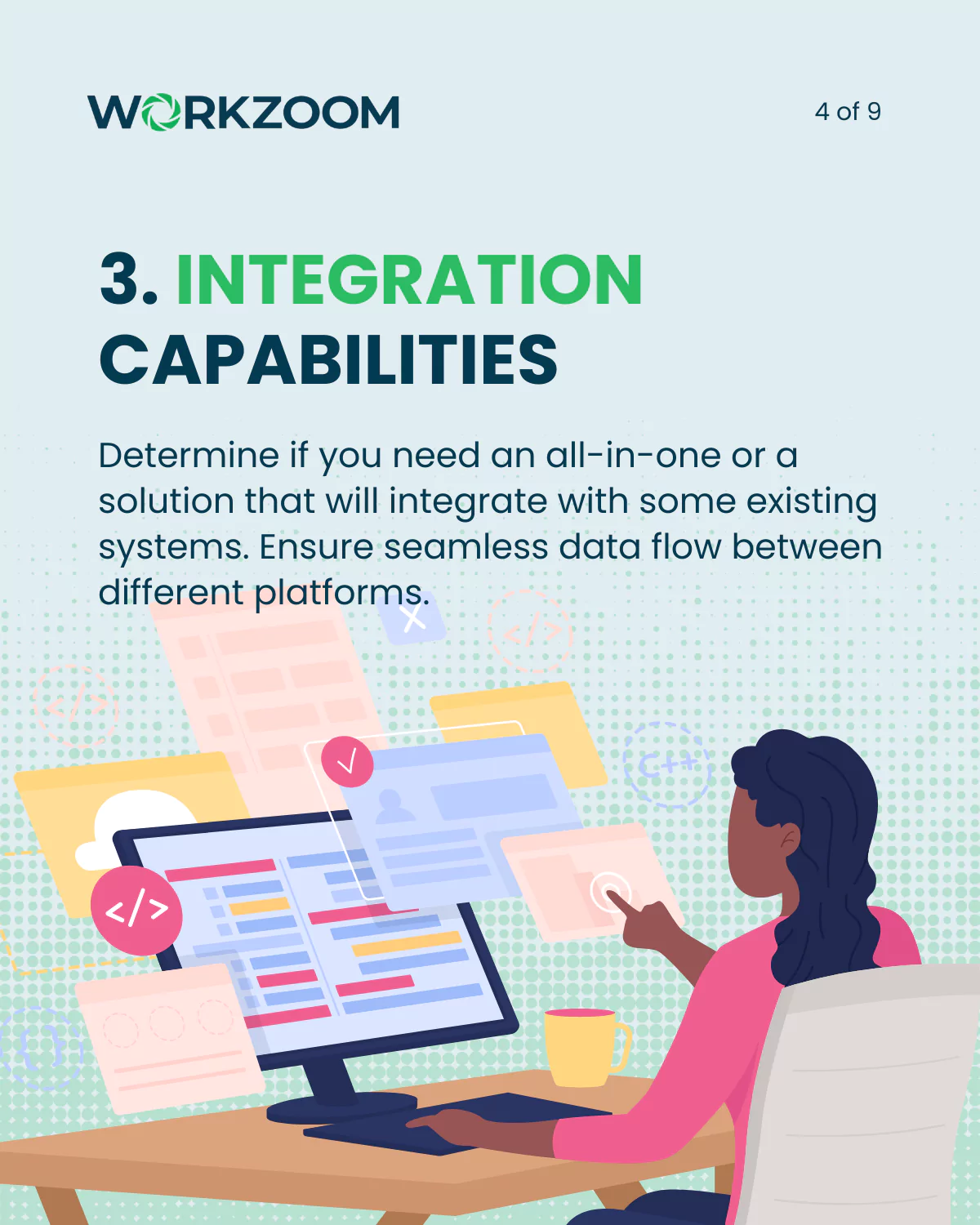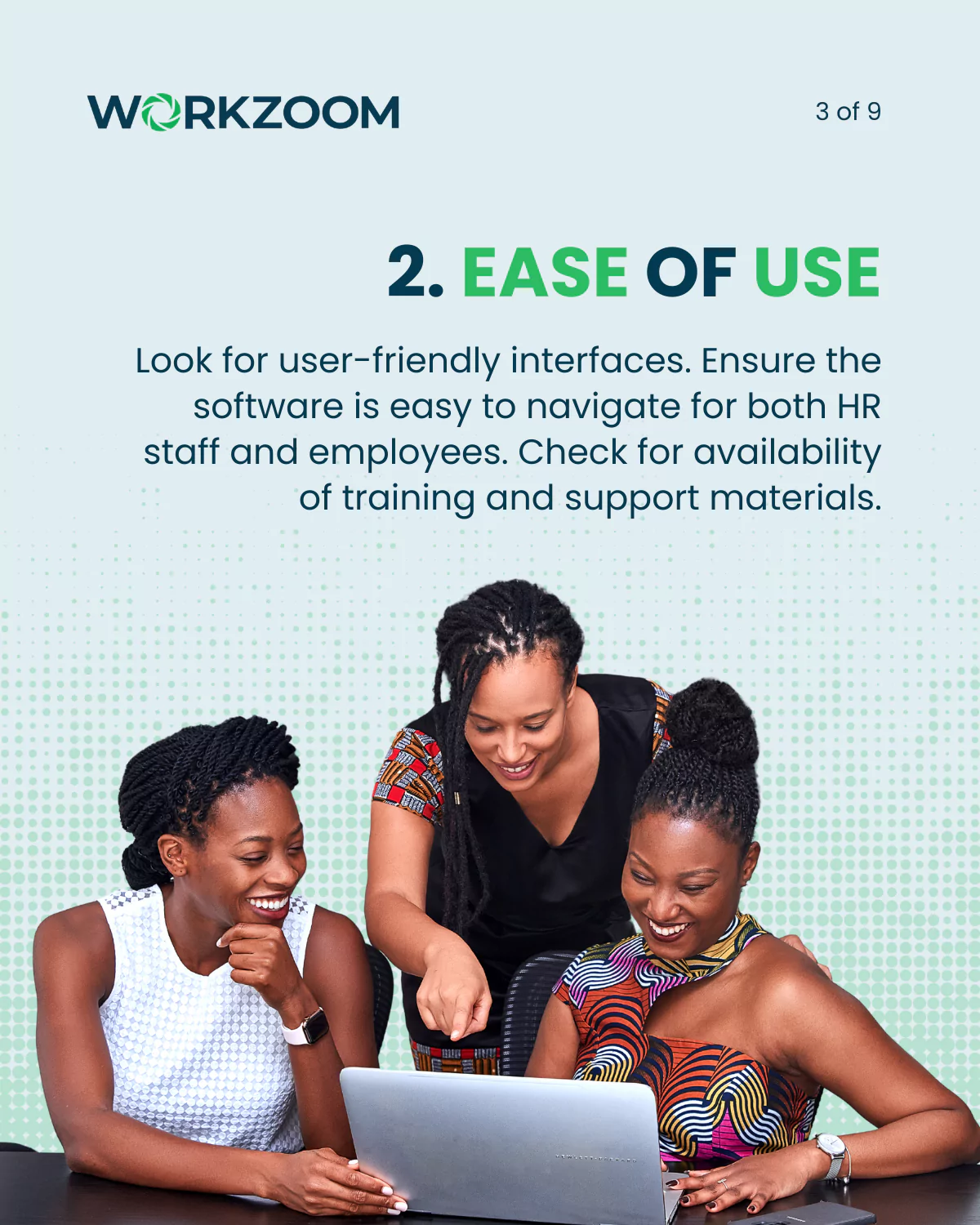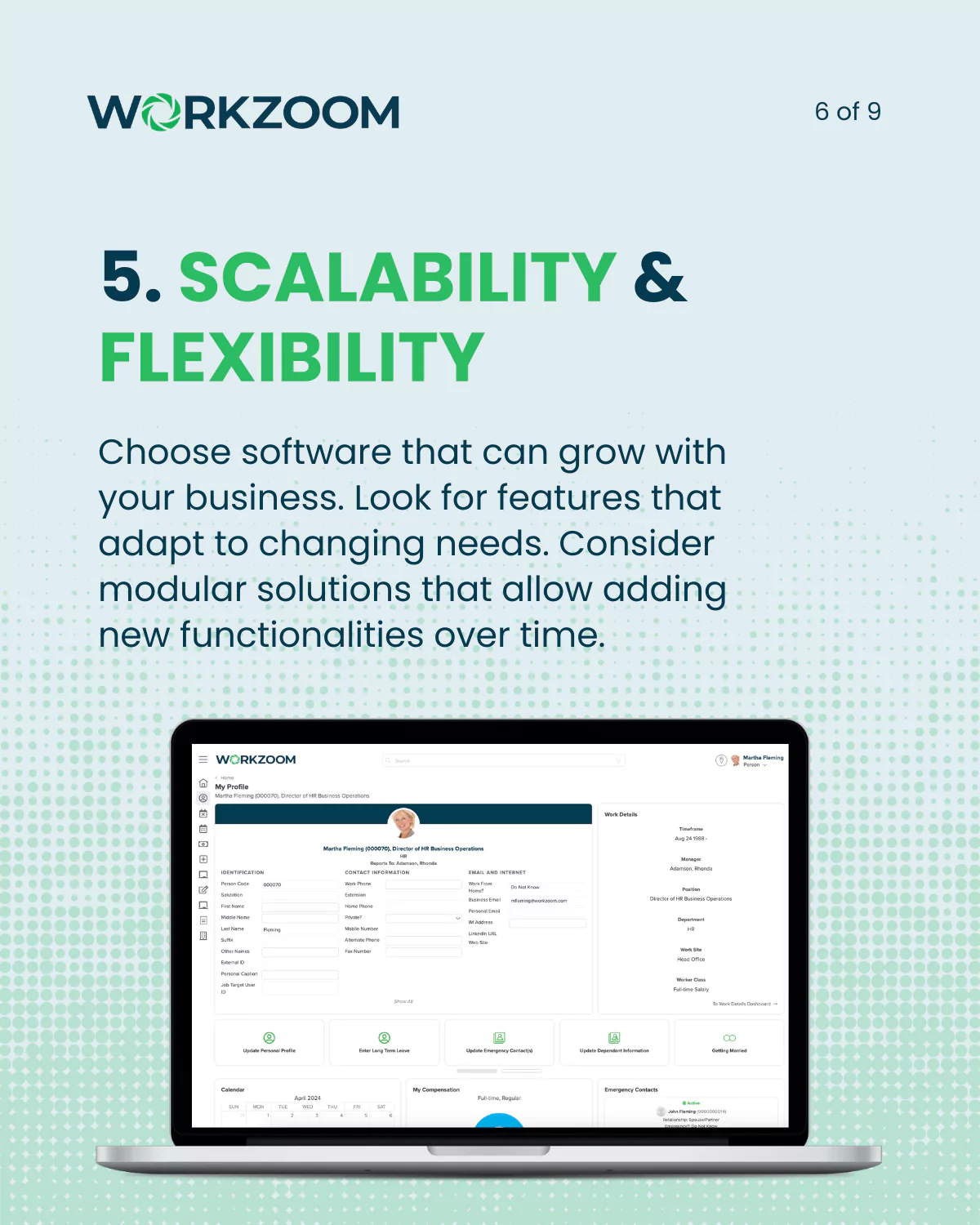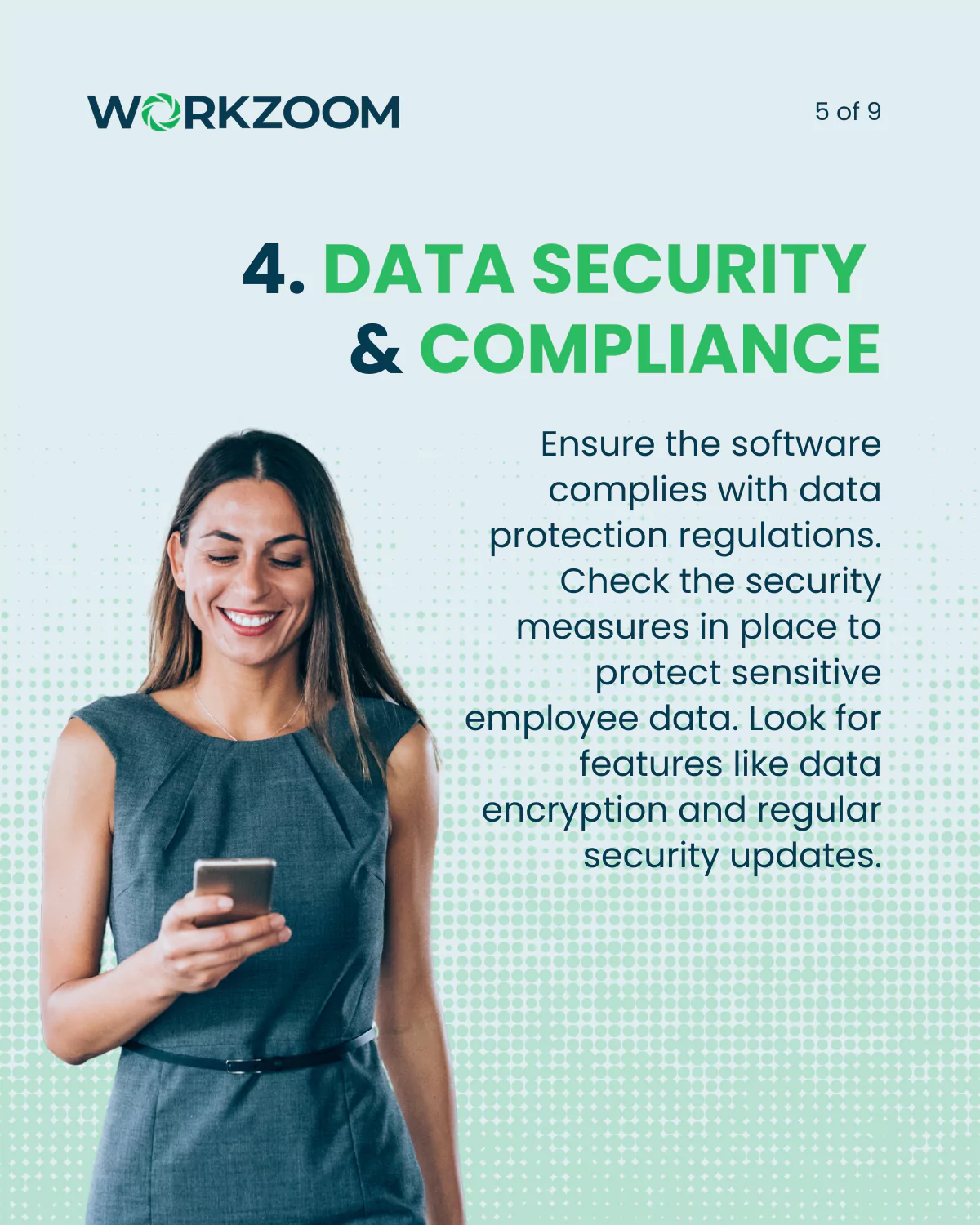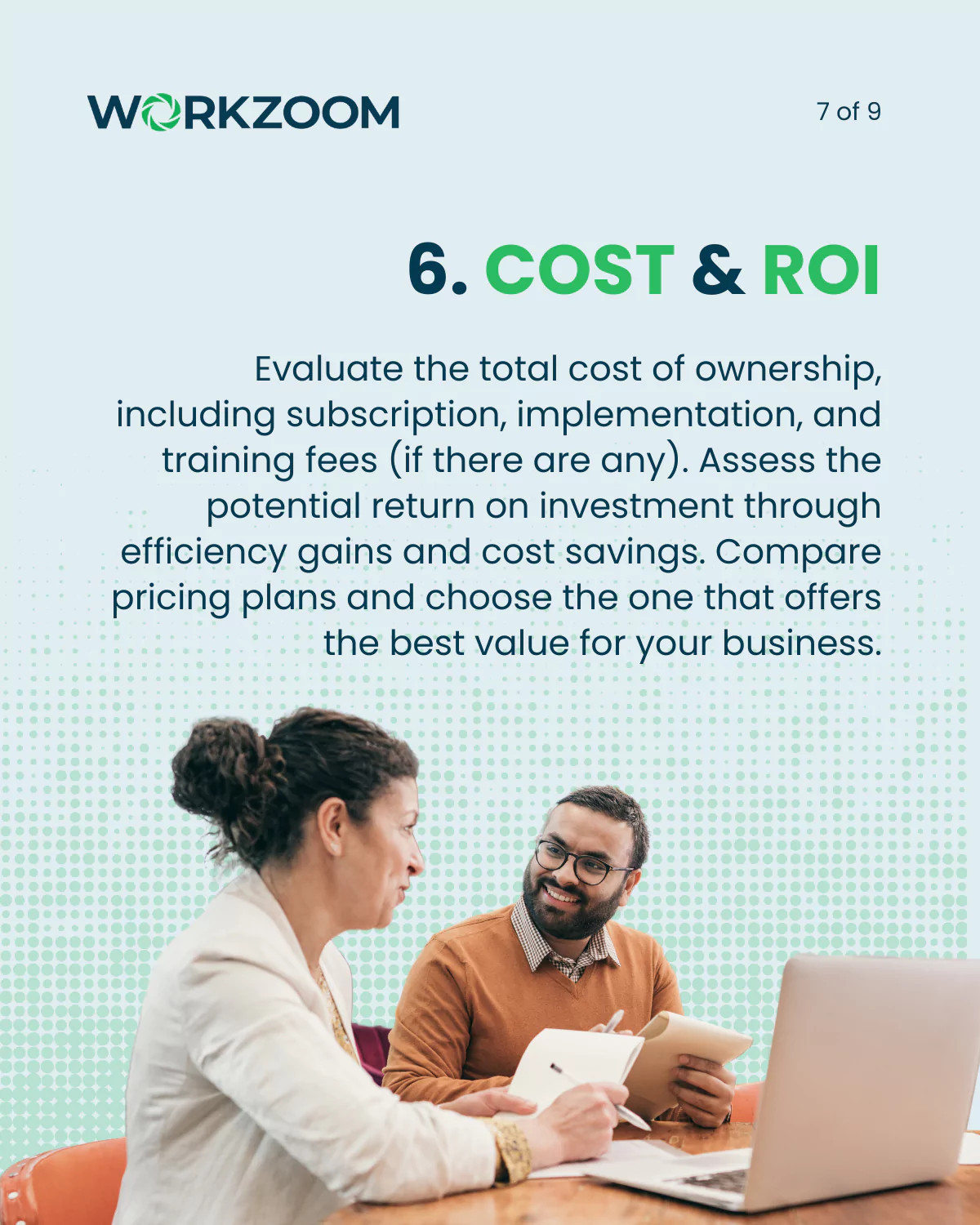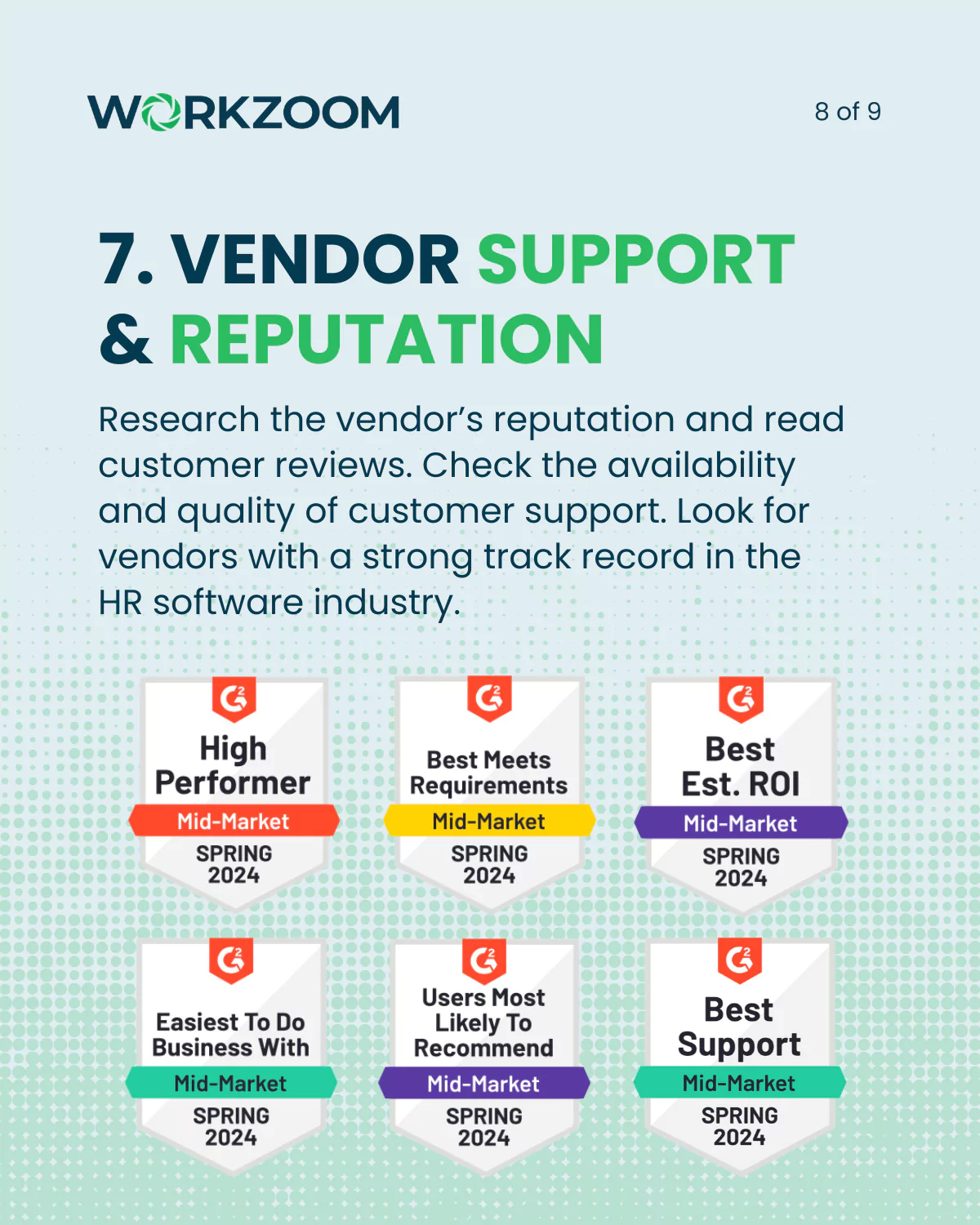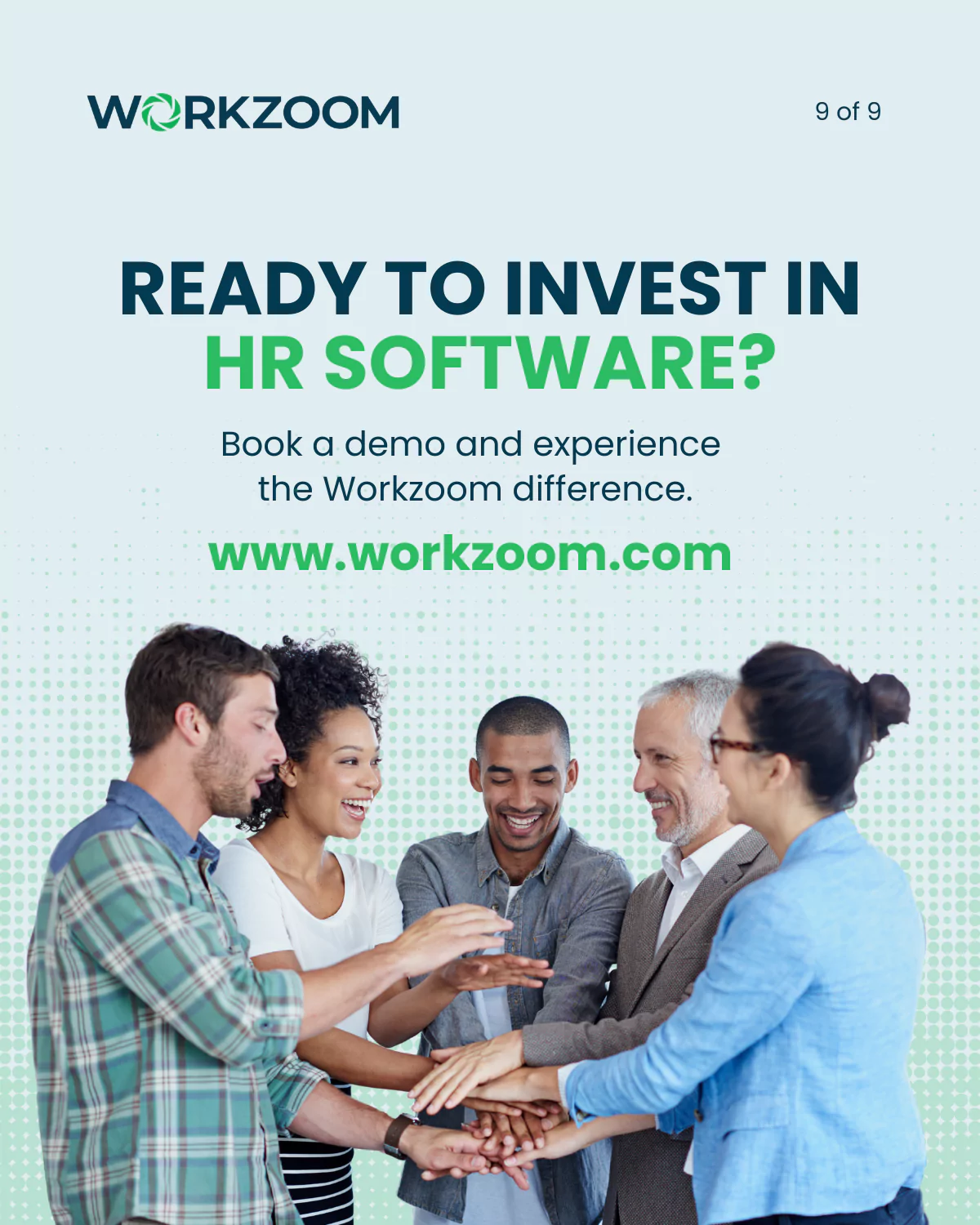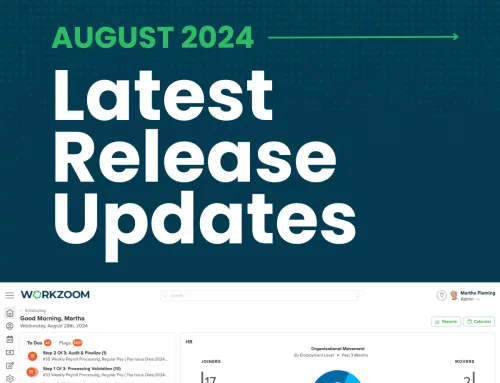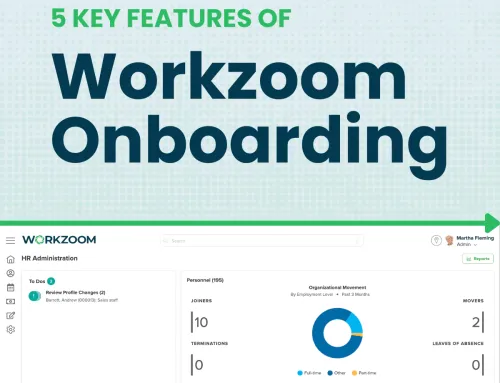Choosing the right HR software is a critical decision for any business. The right solution can streamline your processes, enhance productivity, and support your company’s growth. However, with so many options available, finding the perfect fit can be challenging. Here are some essential considerations to guide you in selecting HR software that meets your needs and maximizes your investment.
1. Define Your Needs
Before you start exploring HR software options, it’s crucial to have a clear understanding of what you need. Begin by identifying the specific HR tasks that you want to automate, such as payroll, time tracking, employee onboarding, or performance management. Create a list of the features and functionalities that are essential for your business, considering both your current requirements and potential future growth. For instance, a small business might prioritize basic payroll and benefits management features, while a larger organization might need advanced analytics and integration with existing systems. By clearly defining your needs, you can narrow down your options and focus on software that aligns with your business goals.
2. Determine Ease of Use
Ease of use is a key factor in the success of HR software implementation. A user-friendly interface ensures that your HR staff and employees can quickly adapt to the new system without extensive training. Look for software that offers intuitive navigation, clear instructions, and a clean layout. Additionally, check for the availability of training and support materials, such as tutorials, webinars, and user manuals. Software that is easy to use will reduce the learning curve, minimize errors, and improve overall efficiency.
3. Understand Integration Capabilities
In today’s interconnected business environment, the ability to integrate HR software with your existing systems is essential. Whether it’s payroll, ERP, or other business tools, seamless integration ensures that data flows smoothly between platforms, reducing the need for manual data entry and minimizing errors. When evaluating HR software, verify its compatibility with your current systems and check for API availability if you need custom integrations. A well-integrated system can save time, reduce costs, and enhance data accuracy across your organization.
4. Ensure Data Security and Compliance
HR software handles sensitive employee information, making data security and compliance top priorities. Ensure that the software you choose complies with relevant data protection regulations, such as GDPR or CCPA. Look for features like data encryption, secure access controls, and regular security updates to protect your employee data from breaches. Additionally, verify that the software vendor has a strong track record in maintaining data security and is committed to staying compliant with evolving regulations. Investing in secure HR software not only protects your business but also builds trust with your employees.
5. Review Scalability and Flexibility
As your business grows, your HR needs will evolve. Choosing scalable and flexible HR software ensures that it can grow with your company. Look for solutions that offer customizable features and modular options, allowing you to add new functionalities as your needs change. For example, you might start with basic payroll and expand to include advanced analytics or employee engagement tools as your company scales. Scalability and flexibility are essential for future-proofing your investment and ensuring that your HR software remains a valuable asset as your business evolves.
6. Determine Cost and ROI
The cost of HR software is a significant factor, but it’s essential to look beyond the initial price tag. Evaluate the total cost of ownership, which includes subscription fees, implementation costs, training expenses, and any ongoing maintenance fees. At the same time, assess the potential return on investment (ROI) by considering the efficiency gains, cost savings, and productivity improvements the software can deliver. Compare different pricing plans and choose the one that offers the best value for your business. Remember, the cheapest option isn’t always the best—invest in software that will provide long-term benefits and support your company’s growth.
7. Vendor Support and Reputation
The quality of vendor support can make or break your experience with HR software. Research the vendor’s reputation by reading customer reviews, testimonials, and case studies. Look for vendors with a strong track record in the HR software industry and a commitment to customer success. Additionally, check the availability and quality of customer support—whether it’s through phone, email, chat, or dedicated support portals. Reliable support ensures that you can quickly resolve any issues that arise and get the most out of your HR software investment.
Ready to Invest in HR Software?
Selecting the right HR software is a strategic decision that can transform your HR operations and boost overall efficiency. By considering these essential factors—defining your needs, ease of use, integration capabilities, data security, scalability, cost, and vendor support—you can make an informed choice that aligns with your business goals. The right HR software will not only streamline your processes but also empower your team to focus on what matters most: driving your business forward. Ready to get started? We can help!

